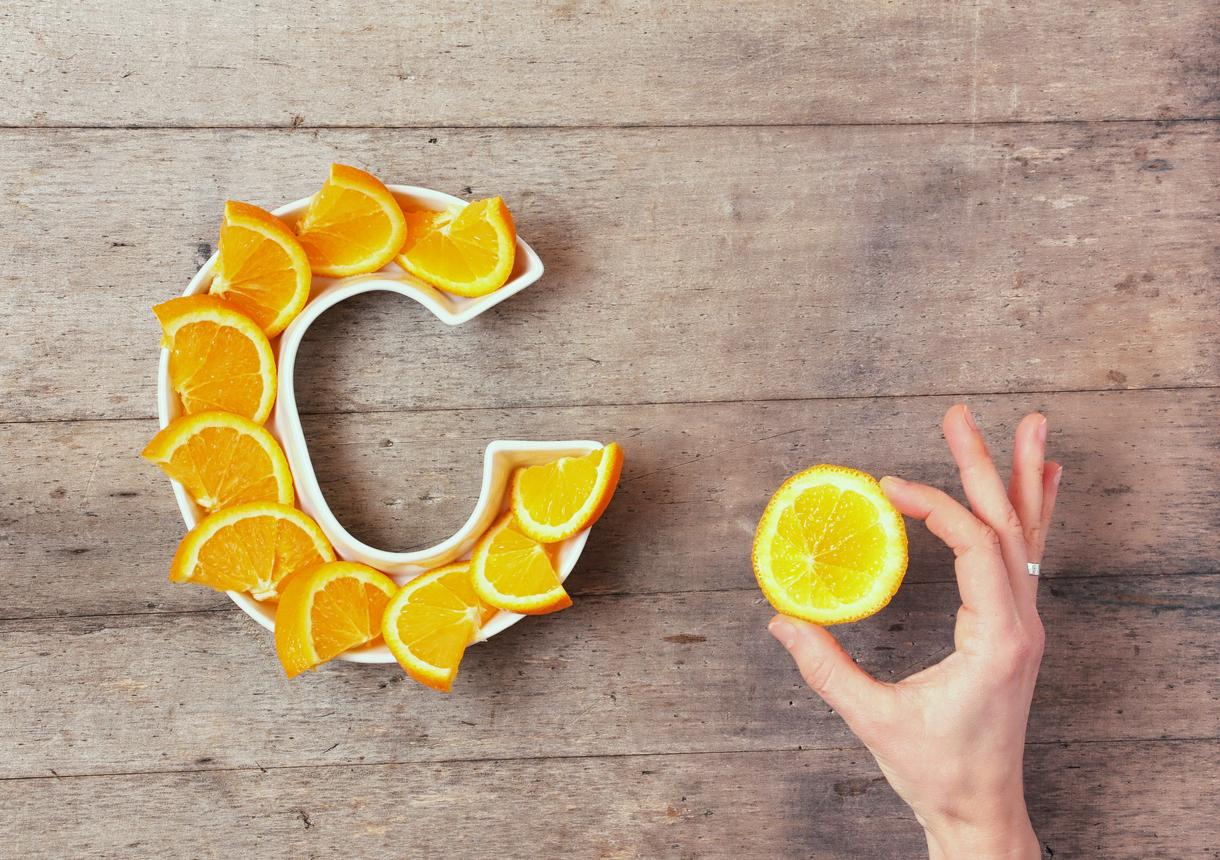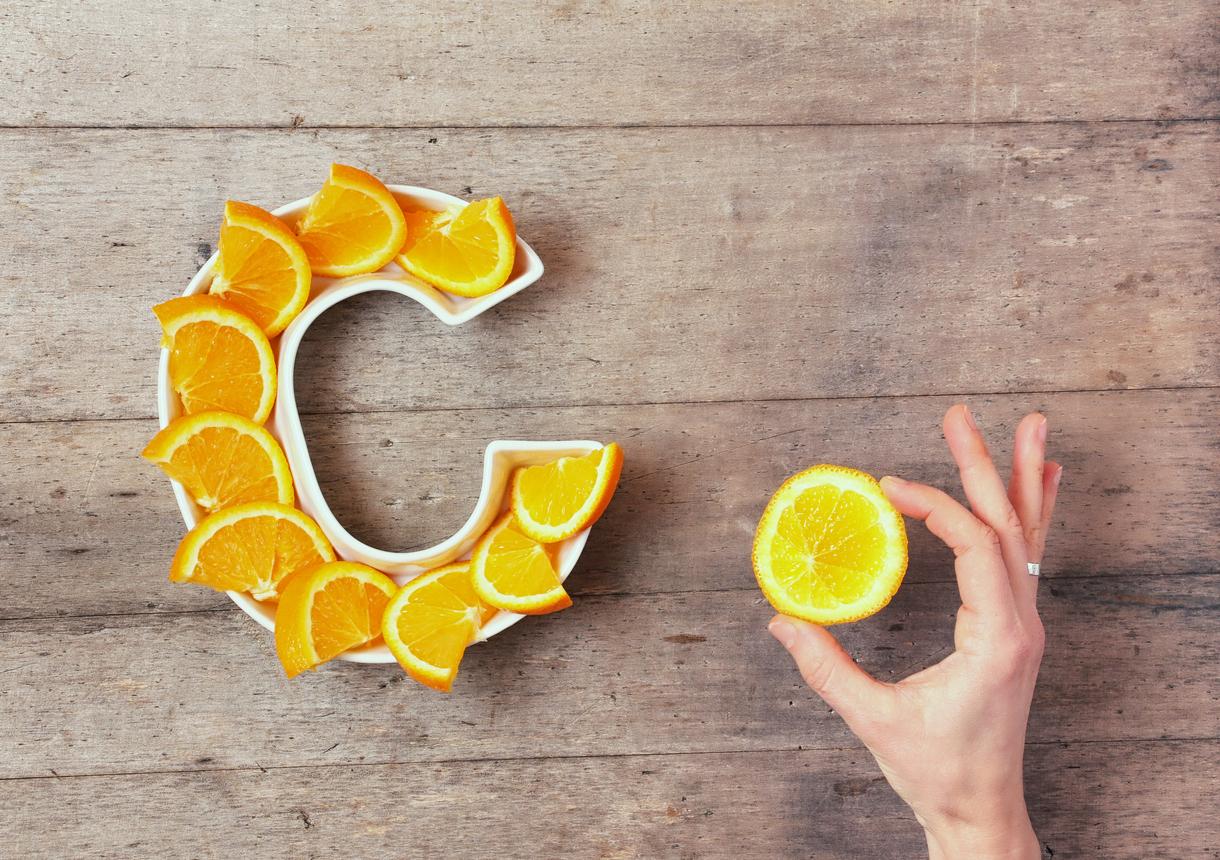More than 10 million French people consume vitamins. Which is nothing compared to the 50% of Americans with ultra vitamins. But the trend here is for growth. So if it is necessary to decide: yes to vitamins, but not systematically!

Pharmacies and gazettes have understood the appetite of many for vitamins aroused by frost and darkness. However, we must be clear: the balanced Western diet, which is the rule for most of those who complain, provides exactly what the body wants. On the other hand, how many seasonal depressions, certainly not violent depressions, go unnoticed and find a bad solution in these complacent vitamin prescriptions from my colleagues.
No overdose with orange juice …
All vitamins are vital and the human organism does not know how to manufacture them. But the risk when consumed in too much quantity is overdose. A risk that doctors do not fear with vitamin C, which passes quickly from the mouth to our urine without having any effect in the event of an overdose.
Vitamin C is found in most vegetables and fruits with a record for parsley and sorrel. European recommendations advise a daily intake of 75 mg for women and 90 mg for men. For example, an orange provides on average 53 mg of vitamin C, as much as Brussels sprouts, but half as much as turnip greens!
We can therefore consume it with peace of mind but the recommended dose is very often exceeded because the industry makes it a very useful preservative. And it is said that it could have a role in the appearance of kidney stones.
No “boost”
In fact, vitamin C is used in a lot of chemical reaction in the body. But for the “boost” effects, the studies are contradictory and those that seem to prove anything use vitamin C intravenously. In tablet or orange juice it seems less obvious.
This is not for lack of trying, especially a preventative effect against the common cold or to give a boost. To be frank as it is not dangerous cheap and in principle if it does not hurt… it remains very popular without real proof.
Vitamin deficiencies
And on the contrary, vitamin C deficiencies bring us back to a period when people ran to sea consuming only cereals and cured meats. No fruits and vegetables: the disease was famous at the time =; It’s called scurvy. She was killing but she almost disappeared
In the very malnourished people in our country, the lack of vitamin C causes great fatigue and greater susceptibility to infections. Hence probably the reputation not necessarily justified boost of its supplementation.
No sleep disturbances
There are times in life when more vitamins are needed, when the needs are greater than normal and cannot be compensated by an increase in the diet: in adolescents, pregnant and breastfeeding women, those who practice sport at least three times a week, smokers, drinkers (more than three glasses a day) without forgetting the very old people, often undernourished or who for lack of financial means, energy or quite simply of teeth, neglect their food. Which makes a lot of people.
Many doctors say that vitamin C (whether taken in lozenges or oranges) prevents sleep. It seems that this is a mock trial and that vitamin C does not influence sleep. Neither one way nor the other
.

















